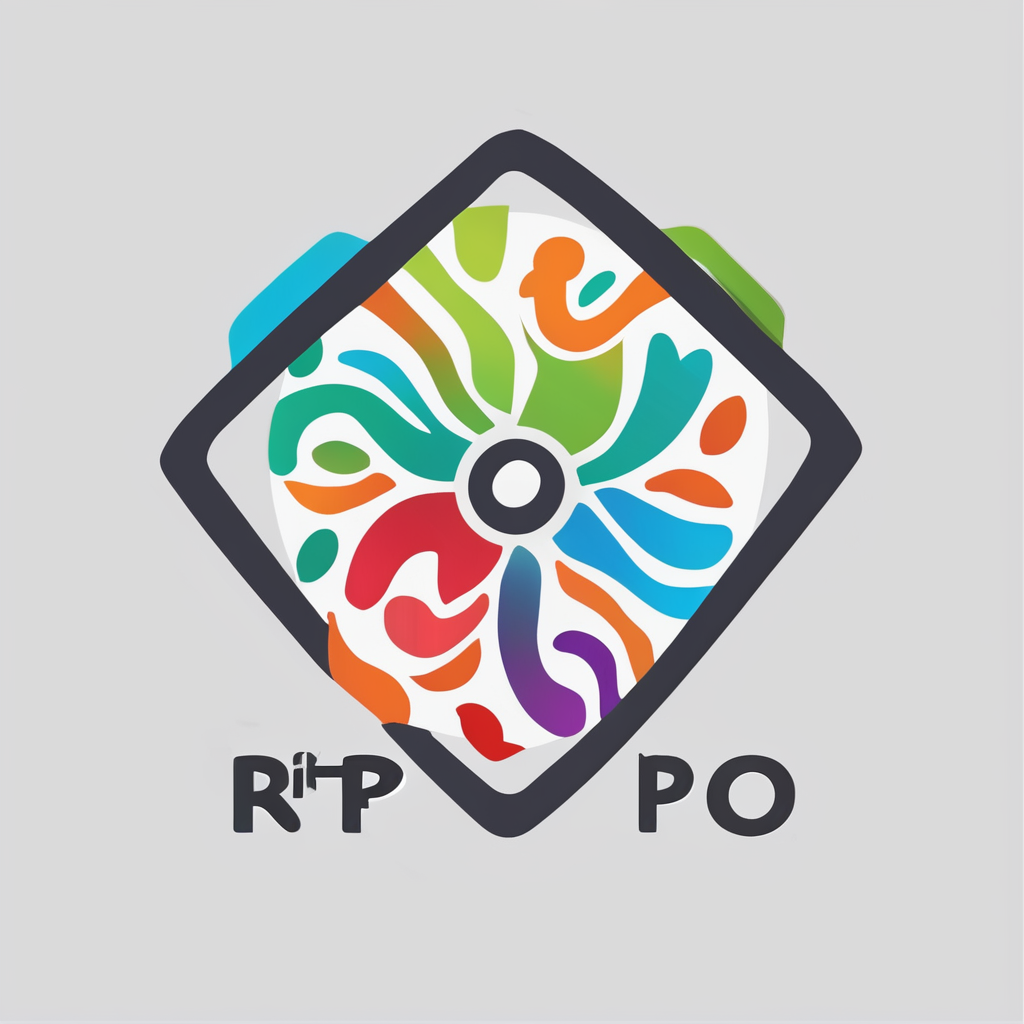Understanding Digital Detox
Exploring a digital detox involves consciously abstaining from digital devices to enhance mental wellness. This practice is pivotal in preserving the balance between connectivity and cognitive health. By limiting screen engagement, individuals can initiate a process that nurtures mental well-being.
Mental wellness involves a state of harmony in which individuals recognise their abilities and manage daily stresses efficiently. It holds significant importance as it forms the foundation of a fulfilled life. Elevated mental health boosts resilience, focus, and emotional stability, all of which are crucial facets of a digital detox’s benefits.
Topic to read : Discover the advantages: can structured water systems boost hydration levels more effectively than regular tap water?
Current research suggests a direct connection between reducing screen time and improved cognitive function. Studies correlate screen time reduction with enhancements in memory, attention span, and information processing. These changes are indicative of boosted cognitive performance, suggesting that a digital detox is more than just a break from devices—it’s a deliberate effort to foster better mental health and cognitive agility.
Adopting a digital detox involves understanding these relationships and implementing changes accordingly. Reducing digital dependency not only aids cognitive function, but also supports overarching mental wellness, creating a healthier, more focused mindset. Through purposeful disconnection, individuals can reclaim mental clarity and improve their quality of life.
In the same genre : Unlocking Luscious Locks: Essential Nutrients for Hair Growth and How to Add Them to Your Diet
Scientific Benefits of Digital Detox
Taking a break from screens has numerous scientific advantages. Scientific research indicates a noticeable decline in anxiety and stress when digital exposure is minimized. Many studies have shown that consistent screen time leads to heightened stress levels, making a digital detox a beneficial practice for mental health. By reducing digital engagement, many individuals report feeling calmer and more in control of their stress responses.
Positive Effects on Anxiety and Stress
Notably, several studies illustrate that reducing screen time can significantly lower anxiety. Researchers found that limiting device use provides individuals an opportunity to foster positive behavioural change, greatly benefiting their mental wellness. The outcome is a marked reduction in stress and anxiety.
Enhancing Focus and Clarity
A digital detox also enhances focus and cognitive clarity. Research supports that post-detox, people experience improved concentration and neuroplasticity— the brain’s ability to reorganise itself by forming new neural connections. This adaptation allows for more efficient information processing, which is crucial for heightened mental function.
Improving Sleep Quality
Reducing screen time, especially before sleep, contributes to better sleep quality. Excessive digital use disrupts sleep patterns by interfering with melatonin production, leading to sleep disturbances. A digital detox can mitigate these effects, ensuring more restful sleep and enhanced overall cognitive health.
Implementing a Digital Detox
Developing effective, balanced practical strategies for implementing a digital detox involves setting achievable detox goals. Determine specific timeframes for screen time reduction that fit seamlessly into your lifestyle, ensuring objectives are not overly ambitious. Establishing clear boundaries about device usage during certain times of the day can facilitate this process considerably.
Begin with small increments, such as limiting screen exposure during meals or designating technology-free time in the evenings. Such small changes in screen exposure habits can greatly enhance mental wellness over time. To support these efforts, consider incorporating books or outdoor activities as alternatives to digital engagement.
Techniques to Reduce Screen Time
- Prioritise in-person interactions over digital communications.
- Embrace mindfulness practices to break habitual device-checking.
- Use apps designed to monitor and curb excessive use of digital devices.
Flexibility in these practices allows individuals to tailor their detox journeys, monitoring progress and adjusting as necessary. This helps ensure sustained screen time reduction. Gradual lifestyle changes lead to improved focus and mental clarity, reinforcing the long-term benefits of a structured digital detox. As habits evolve, the emphasis shifts towards fostering a healthier balance between digital and personal interactions.
Personal Experiences and Anecdotes
Success Stories of Digital Detox
Exploring personal stories uncovers the tangible benefits of a digital detox. Individuals often report significant improvements in mental health, noting enhanced productivity and a renewed sense of purpose in their daily tasks. For instance, many participants have shared that distancing themselves from screens led to reduced stress and anxiety, fostering a more serene mental state. This was particularly evident in their professional lives, where users found their ability to concentrate on work tasks improved substantially. The clarity and focus that followed a detox period enabled them to accomplish goals more efficiently and maintain a balanced workload.
Challenges Faced During Detox
Embarking on a digital detox journey presents its own hurdles. A common challenge is resisting the urge to check devices habitually, a behaviour deeply ingrained in daily routines. Overcoming this obstacle often requires strategic adjustments such as setting clear boundaries for device usage and substituting screen time with mindful activities. Developing alternative habits, like reading or engaging in physical exercise, assists in managing these transitional phases smoothly.
Long-term Benefits Experienced
The long-term rewards are profound. Sustained digital detox practices result in lasting mental wellness improvements, enhanced focus, and better lifestyle habits. Users often notice greater life satisfaction and resilience against stress, underscoring the detox’s enduring impact.
Conclusion: Key Takeaways
Summarising the key insights from exploring a digital detox, the benefits to mental wellness and cognitive function are profound. It is not merely a break from devices, but a holistic approach to enhancing overall quality of life. Empirical evidence underscores the necessity of mindful disconnection, linking reduced screen time with decreased anxiety and stress. Facilitating mental clarity and improving focus, a digital detox supports healthier cognitive processes.
In terms of actionable advice, practical strategies include setting realistic detox goals and integrating screen time reduction seamlessly into daily routines. Embracing alternatives like outdoor activities can significantly reinforce these changes. Establishing clear device usage boundaries promotes consistent progress, allowing individuals to reflect on their digital habits effectively.
The summary of diverse experiences highlights personal anecdotes of heightened productivity, mental clarity, and emotional stability that validate these findings. Balancing digital interactions with personal life fosters resilience against stress, thereby enriching the overall lifestyle.
Acknowledging these key insights can empower readers to reassess and appropriately adapt their digital engagement. Through thoughtful application of the strategies discussed, individuals can initiate a transformative journey toward improved mental health and life satisfaction.




